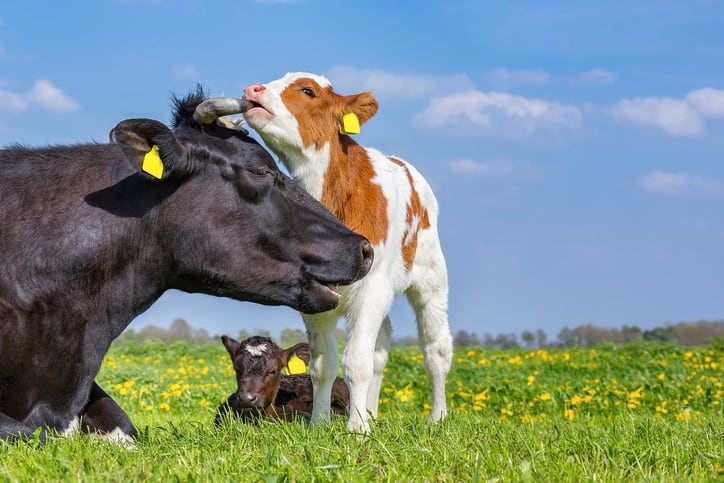The purchase of dairy products has been on the decline for several years with many turning to dairy alternatives. But a third (34%) of 18-35-year-olds in Europe are consuming more dairy than they were three years ago, claimed Tate & Lyle.
According to research commissioned by the supplier based on a survey of 1,554 consumers aged between 18-65, the frequency in which young consumers eat dairy products is high, with 71% eating cheese, 81% drinking milk and 69% eating yoghurt at least once a week.
Furthermore, 77% of 18-35-year-olds said they are happy to consider eating more dairy products if they could try products with less fat, sugar and allergens.
“Our research has uncovered some interesting emerging trends when it comes to how and why consumers are purchasing dairy,” said Beth Nieman Hacker, Market Research Director at Tate & Lyle.
“It is so important to understand how behaviours, values and appetites are changing and the drivers behind these shifts, so food and drink brands can launch products that meet the needs of consumers today.”
The company’s research also showed that the younger generation prioritises health and has shifted towards a flexitarian diet.
Some 39% of 18-35-year-olds stated they felt dairy products contained too much fat, and 34% claimed that dairy products contained too much sugar.
Additionally, younger consumers are more likely to eat dairy alternatives – with 25% eating non-dairy cheese, 33% eating non-dairy ice cream and 46% non-dairy milk, at least once a week.
A flexitarian diet seems to be on the rise among consumers of all ages, who switch between dairy and dairy alternatives depending on the meal type. 39% said they eat dairy cheese at dinner, compared to 26% who chose a dairy alternative. 32% preferred dairy yoghurt at breakfast, while 26% liked a dairy alternative yoghurt as a mid-morning snack.
Consumers are also looking to make more sustainable choices – with a fifth (18%) of older consumers saying products with environmental certifications would be a big factor in them increasing their dairy intake, while younger consumers were looking for more environmentally friendly packaging (19%) and a longer shelf life (20%).
Delphine Forejt, Dairy Category Development Manager at Tate & Lyle, said: “Our research found that nearly three quarters of 18-35-year-olds who are eating less of dairy are happy to consider eating more dairy products if they could try products with less fat and sugars. Whilst dairy products have long been associated with goodness, in today’s world, the dairy industry must adapt to modern consumer tastes, convenience and healthier lifestyles.”



